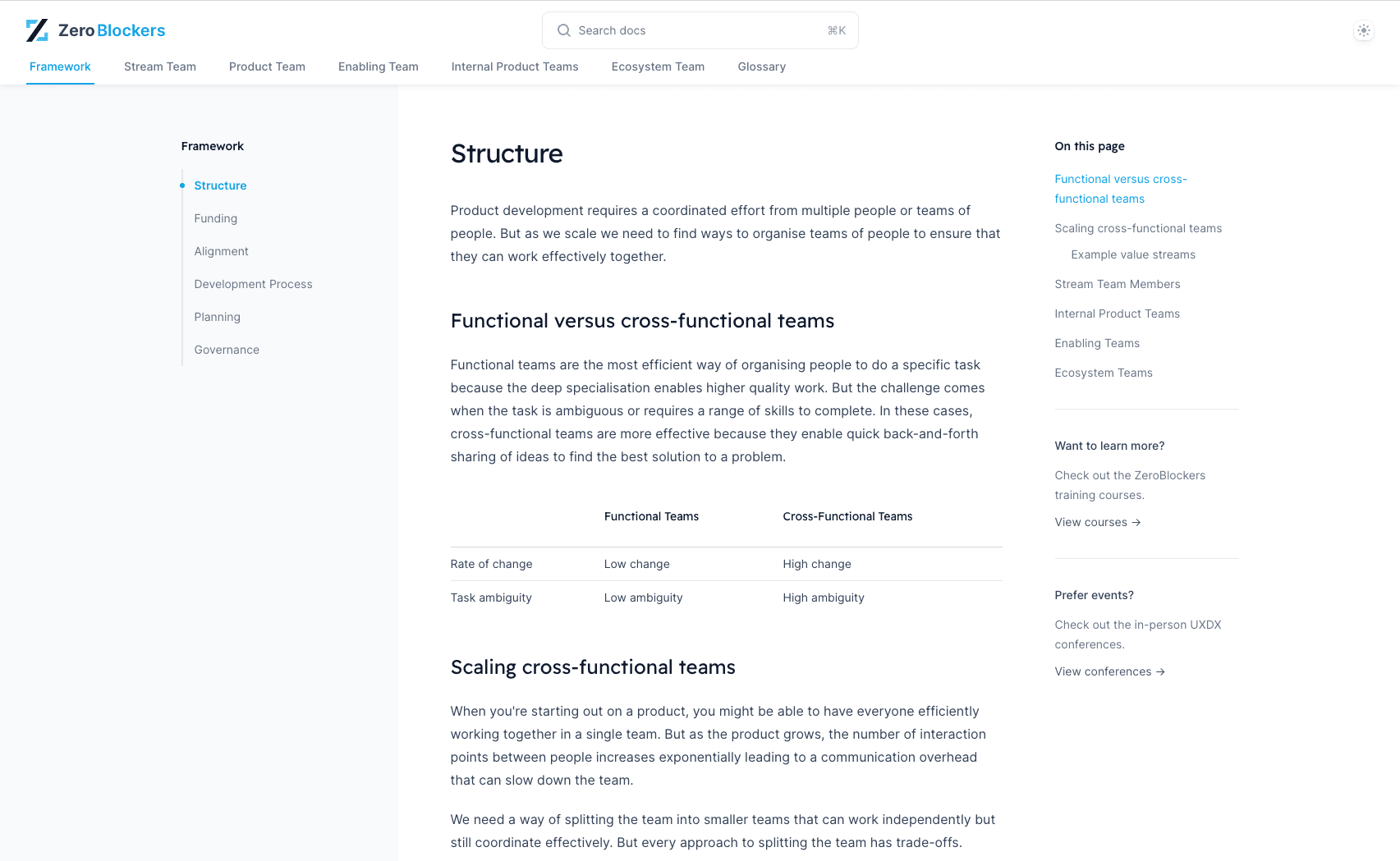Case StudyProduct Team: Tracking Strategic Outcomes - Outcomes over Outputs
The product team at WorldRemit was primarily reactive, focusing on a feature-based roadmap. This approach led to a commitment-driven culture, where the team was pressured to deliver a list of features, often regardless of their real-world impact or strategic importance. This not only created external pressure but also trapped product managers in less strategic roles, often focusing on delivery rather than problem-solving.

The Solution
WorldRemit shifted to a more strategic approach which involved several key changes:
- Focusing on Outcomes Over Features: The team shifted their focus from delivering specific features to achieving broader, measurable outcomes that were valuable both to the users and the business.
- Empowering Teams: By focusing on outcomes, teams were given more autonomy. This enabled them to apply their creativity and expertise more effectively to solve problems.
- Reframing Success: Success was redefined not by the completion of feature lists but by the achievement of desired outcomes.
- Conducting Discovery: Discovery phases focused on understanding the desired outcomes rather than just developing features.
- Stakeholder Engagement: The approach required engaging stakeholders in a different way, focusing on problems and outcomes rather than feature requests.
- Adapting Roadmaps: While roadmaps were still used, they were no longer seen as rigid commitments but as flexible guides aligned with strategic goals.
Outcomes achieved
The outcome-focused approach led to several positive changes at WorldRemit:
- Increased Strategic Impact: Product management became more strategic, with teams focusing on high-impact outcomes.
- Improved Team Autonomy and Creativity: Teams were empowered to explore various solutions, enhancing innovation and problem-solving capabilities.
- Enhanced Product Relevance: The products and features developed were more aligned with user needs and business objectives.
- Efficient Resource Utilization: Resources were allocated more effectively, focusing on initiatives that drove significant value.
- Positive Cultural Shift: The shift led to a cultural change where the focus was on solving real problems and delivering value rather than just completing tasks.
